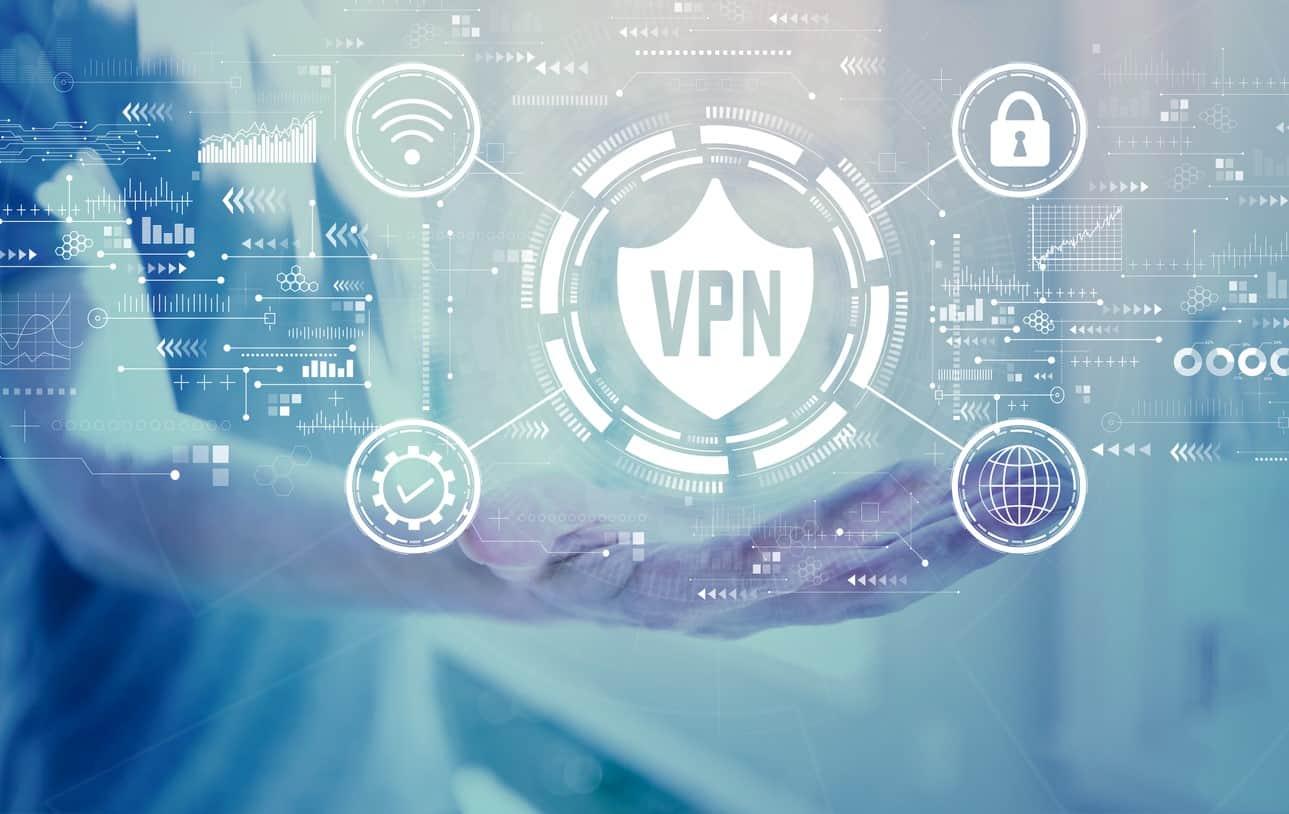In today’s interconnected digital world, Virtual Private Networks (VPNs) are critical for preserving users’ privacy, security, and anonymity when accessing the Internet. Whether you’re browsing from a coffee shop, working remotely, or accessing sensitive data, knowing how VPNs work may help you make informed decisions about your online privacy.
What is a VPN?
A VPN, or Virtual Private Network, connects a private network to a public network, like the Internet. It allows users to send and receive data over shared or public networks as if their computers were physically connected to a private network.
How Do VPNs Work?
· Encryption and Tunneling
When you connect to a VPN service, your internet traffic is encrypted using different encryption techniques, including AES (Advanced Encryption Standard). This encryption assures that even if someone intercepts your data, they will be unable to decipher the contents without the decryption key.
VPNs establish a secure connection between your device and the VPN server. All data going through this tunnel is encrypted, preventing unauthorized access. This tunneling method protects hackers, governments, and ISPs from tracking your internet activity.
· Changing Your IP Address
Your IP address is a unique identifier that indicates your location and internet service provider. When you use a VPN, your real IP address is concealed and replaced with the IP address of the VPN server you’re connecting to. This procedure makes it look like you are accessing the Internet from a different place.
For example, if you connect to a VPN server in the United States but physically in Europe, websites and services will see the IP address of the VPN server rather than your own. The ability to conceal your IP address increases your anonymity and protects your identity online.
· Bypassing geo-restrictions
Many websites and online services limit access based on the user’s geographic location. A VPN allows you to circumvent geo-restrictions by connecting to a server in a different country where the material or service is available. This feature lets you access region-locked content, such as streaming services, social media platforms, and news websites, from any location in the world.
Increasing Security on Public Wi-Fi
Public Wi-Fi networks at airports, cafes, and hotels are convenient but frequently unsecured. They are excellent targets for cybercriminals seeking to intercept data carried across these networks. Using a VPN on public Wi-Fi creates a secure connection that prevents bad actors from intercepting your important information, such as passwords, credit card numbers, and personal chats.
3 Types of VPNs
VPNs are classified into numerous categories, which include:
- Faraway Access VPNs: Allows individuals or employees to access a company’s private network from faraway places securely.
- Site-to-Site VPNs: Set up secure internet connections between different locations of a corporation or organization.
- Client-to-Site VPNs: Like remote access VPNs, these are often used by users to connect to a specific network securely.
Final Thoughts
Virtual Private Networks (VPNs) are extremely effective tools for improving online privacy, security, and freedom. VPNs protect your online activity by encrypting your internet traffic, concealing your IP address, and evading geo-restrictions. Whether you’re worried about data privacy, accessing prohibited information, or encrypting your communications on public Wi-Fi, a VPN can provide you peace of mind in an increasingly linked world.
In short, you understood how VPNs work, allowing you to make more educated decisions about your online security and privacy. By taking advantage of VPN technology, you may browse the Internet safely and confidently, knowing that your data is secure from illegal access and surveillance.
